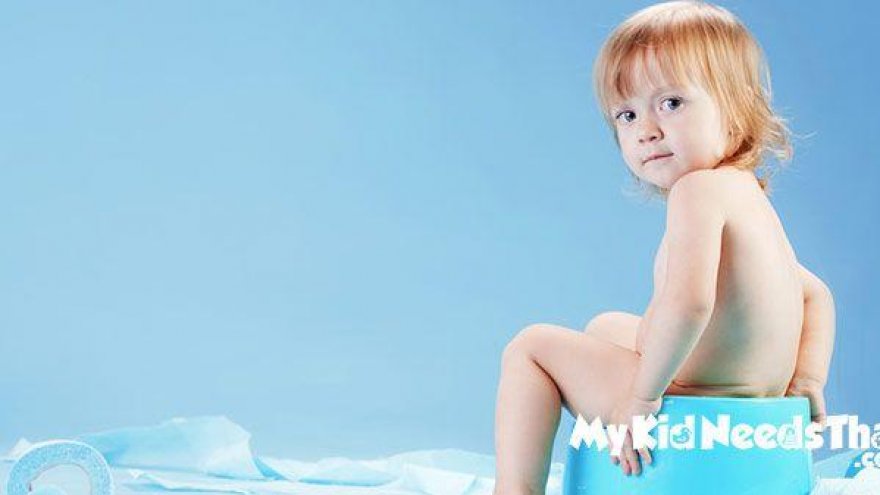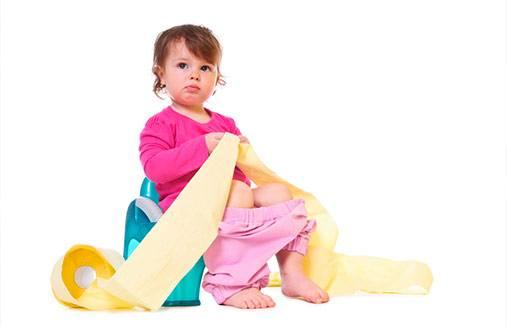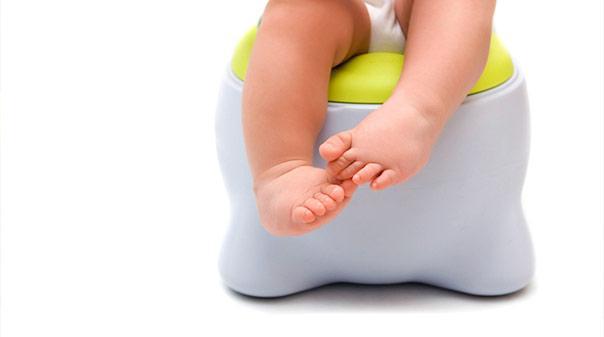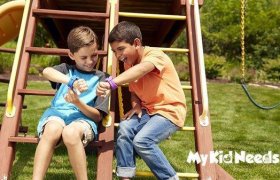What Is The Best Age To Potty Train?

When To Start Potty Training
One of the most hotly-contested debates among parents and so-called experts is related to the age at which young children can be successfully promoted to using a potty chair from relying on their diapers. Scientists and childcare experts have already weighed in on the subject saying that the ideal age for potty training is between 27 and 32 months, basically between your kid’s second and third birthdays. Unfortunately, this does not really provide Moms and Dads as well as other caregivers a very definitive answer. And here’s why.
 It’s All about Muscle Development
It’s All about Muscle Development
Relying on diapers to defecate and urinate is easy. You don’t have to become very conscious of the different sensations that you are about to defecate or urinate. For children, this is not so simple. They may feel the urge to defecate or urinate but they don’t know how to effectively control the muscles that guard the openings of the rectum and anus and the urethra. They even don’t realize yet that they can somehow voluntarily control these muscles so that they can temporarily prevent themselves from leaking.
Additionally, there’s the question about the development of the muscles of these organs themselves. Muscle tone is dictated by a lot of factors including the amount of nerves that are connected to these muscles. Nerves are necessary to elicit muscle contraction. If there is a problem in the innervation of the sphincter muscles of the urethra and the anus, then there may be a problem with the child’s ability to keep the wastes for significantly longer periods of time before letting them out. We as adults know this very well as incontinence and is usually seen among the elderly as they no longer have absolute control of the sphincter muscles.
Muscle control is important in bladder and bowel training. Moreover, kids should also be able to walk unsupported, climb stairs, remove their clothes, and other fundamental motor skills needed to go to the toilet, defecate or urinate, and then return.
Kid’s Emotional Readiness
One of the most frustrating aspects of potty training is the incongruence between a child’s physical readiness and his or her emotional readiness. Generally, children are physically ready to potty train long before they are emotionally ready. If the kid is still in his or her negativistic self, encouraging him or her to use the toilet may be met with the classic “no” response.
Cooperation might prove difficult in such instances. As such, it is very important to look for subtle signs that your child has already moved well past the negativistic characteristic of his or her age. This is usually indicated by increased instances of following your directions. If your kid can already follow simple instructions without throwing a temper tantrum, then you can be sure that he or she is emotionally ready to train using his or her potty chair.
 How Do You Know Your Child is Ready to Be Toilet Trained?
How Do You Know Your Child is Ready to Be Toilet Trained?
One aspect of the ongoing debate is related to the initiation of the potty training. There are those who say that early training even before kids are ready should help them learn the basics of defecating and urinating. On the other hand, there are those who say that potty training should be child-focused meaning we need to take our cues from the readiness of children. If kids are already physically and emotionally ready, then we can start potty training them.
But how do you know that your kid is ready to be potty trained? Here are 12 signs that you may have to check and observe so you’ll know if it’s time for your child to let go of his or her diapers and start training on the potty chair.
- Your kid stays dry for a period of at least 2 hours especially during the day.
- Your kid remains dry even after waking up from his or her naptime.
- The bowel movements of your child is already predictable and occurs regularly.
- You see your kid imitating other members of your family when they are in the toilet.
- Your child can already follow very simple instructions.
- Your child is restless or even uncomfortable if he or she soils his or her diapers that he or she wants his or her diapers to be changed immediately.
- You can tell from your child’s facial expression, words, or even posture that he or she is about to defecate or urinate.
- Your kid can already walk unassisted to and from the toilet and be able to undress himself or herself.
- Your kid is already asking you to use a potty chair or even the toilet.
- Your child can already sit still for at least several minutes without turning fidgety or restless.
- Your child has already expressed interest in using or wearing the underwear of grown-ups.
- You notice that your child’s diaper is wet in only half the time that you change it.
How Should You Potty Train Your Child?
There are 2 fundamental approaches to potty training children. The first is focused on the child’s readiness as well as his or her ability to direct his or her potty training process. This requires communication from the child as well as good motor skills.
The second approach is more parent-oriented. This means that toilet training depends on the readiness of Mom or Dad. It calls for a more structured approach, often timed or scheduled, to the child’s toilet training. Sessions are scheduled at predefined and regular intervals so that the child will learn to associate such sessions with the time for defecating or urinating.
Studies have shown that either method can actually work. As such, it is not uncommon that many parents try to create a third methodology which is a combination of the child- and parent- focused approaches.
When Can You Start Potty Training Your Child?
Because we are unique individuals, we really cannot expect our kids to be ready for toilet training at exactly the same time as other children. It all depends on their physical and emotional readiness. This is where our parenting skills come in. The earlier we are able to develop their motor and emotional skills, the earlier we can start them on toilet training.







